Maths
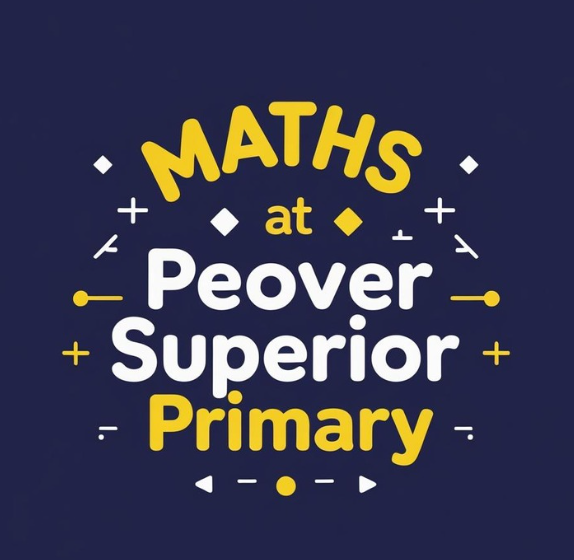
Intent:
At Peover Superior Primary School, we aim to develop fluent and proficient mathematicians through our practical and investigative approach to the teaching and learning of Mathematics. From EYFS to Year 6, we aim to develop pupils’ confidence in Mathematics whilst promoting and developing their enjoyment and enthusiasm through carefully chosen and varied tasks, opportunities for exploration and a strong emphasis on dialogic talk. We aim to cover National Curriculum requirements thoroughly, systematically and progressively. Through our Mastery approach to teaching and learning, we are able to ensure that pupils develop a secure understanding of mathematical concepts: we not only focus on developing fluent mathematicians with a quick and accurate recall of number facts but we ensure that our pupils are able to reason and problem-solve in a variety of contexts, making them well-rounded mathematicians.
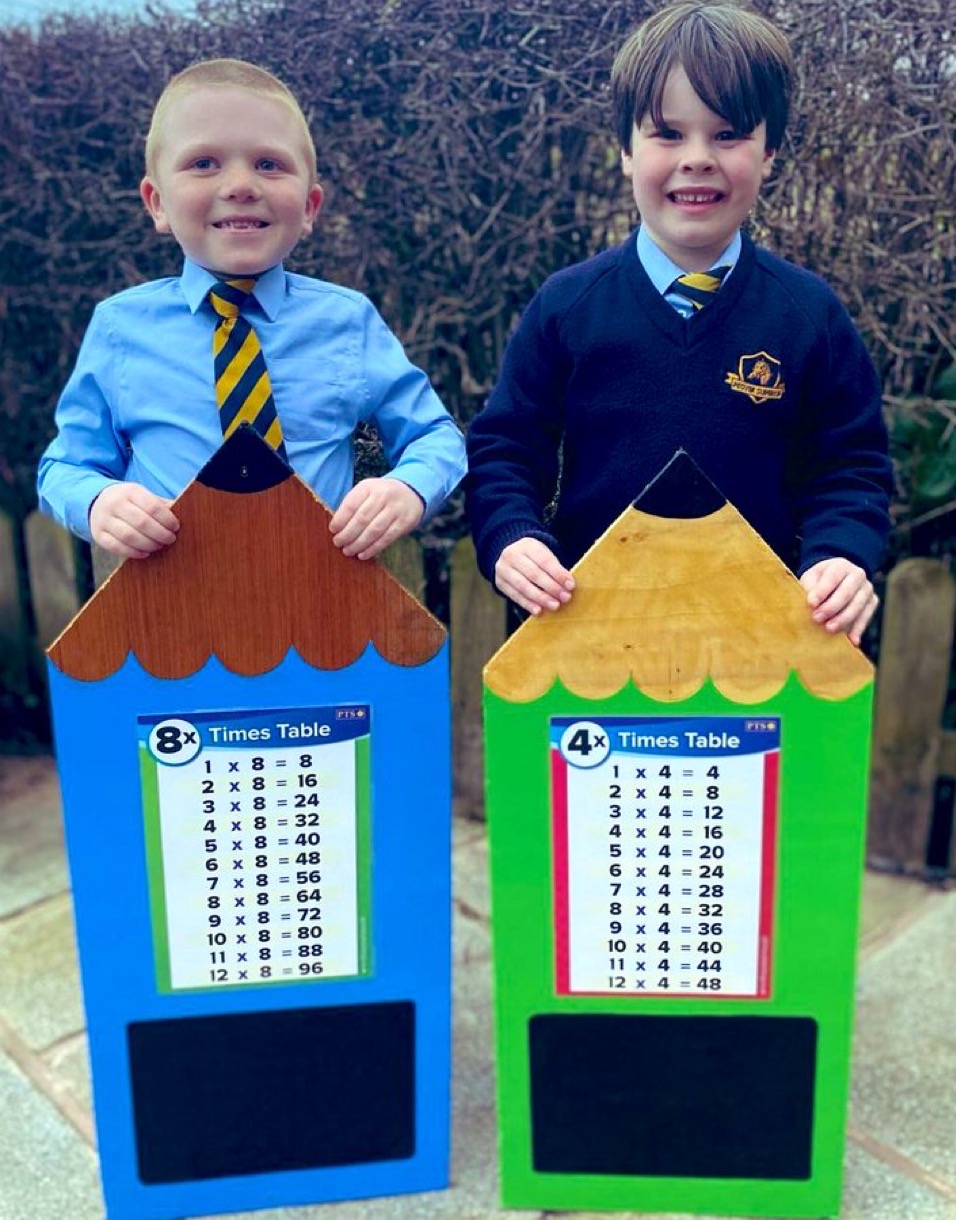
At each age and stage, we intend to give children opportunities to follow a line of enquiry, identify relationships, make generalisations and give verbal and written responses which provide justification, proof and contain accurate mathematical language. We aim to give children mathematical experiences which show them first-hand the uses of Mathematics in everyday life; through applying mathematical understanding to other curriculum subjects, children are shown the importance Mathematics plays in all of our lives.
We aim for all learners to feel supported within Mathematics lessons through the use of concrete and pictorial apparatus to represent mathematical concepts; talk partners to verbalise and share strategies and activate prior knowledge; carefully planned progressive tasks which develop children’s confidence with concepts before moving on and timely teacher or teaching assistant support as required. We intend to carefully plan interventions for children who require additional support following Mathematics lessons through Same Day Interventions (SDIs) and utilise evidence-based mathematical programmes and interventions (such as Power of 2) for children with significant gaps or Special Educational Needs and Disabilities so that all of our pupils have the best start on their mathematical journey.
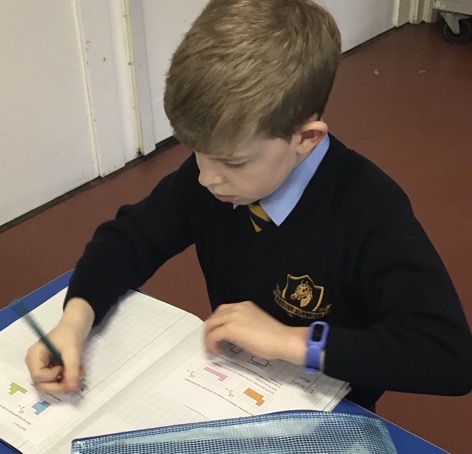
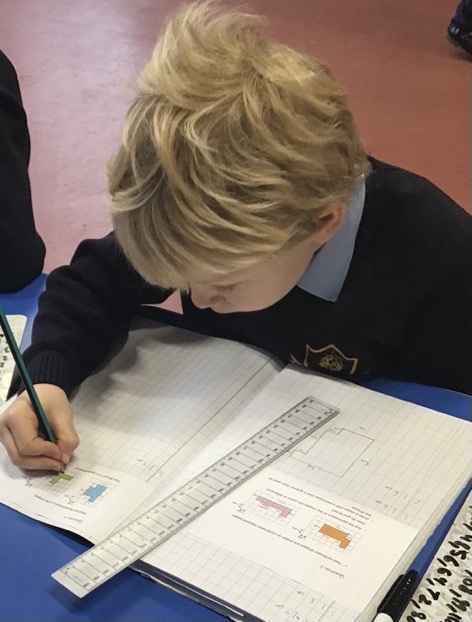
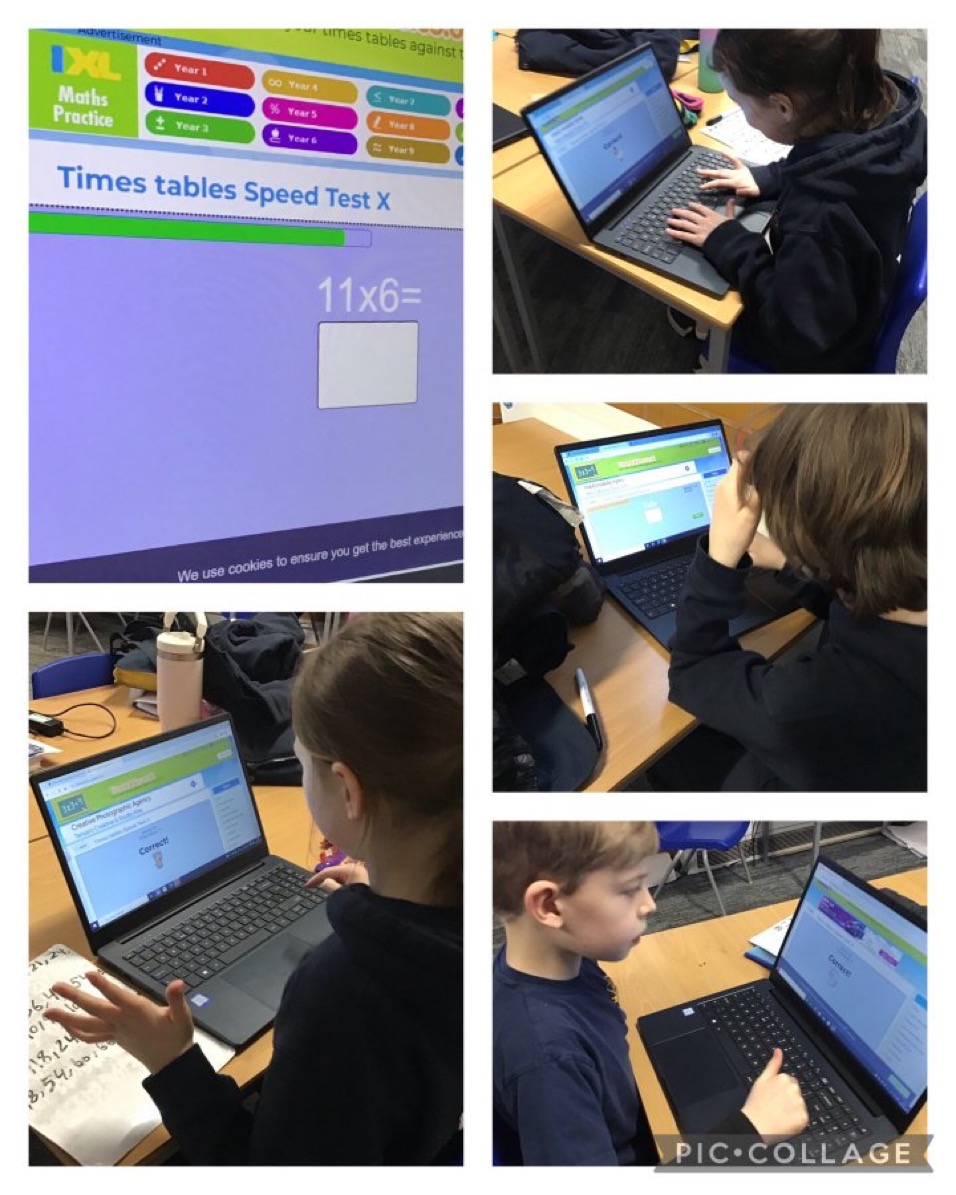
Design:
Our Mathematics curriculum is designed to:
- Ensure pupils gain a secure conceptual understanding of mathematical concepts through our Mastery approach to teaching and learning which incorporates the 5 Big Ideas: Representation and Structure, Mathematical Thinking, Variation, Fluency and Coherence.
- Develop confident and fluent mathematicians who have the ability to recall and apply knowledge rapidly and accurately. This is achieved through daily Mastering Number sessions from Reception to Year 5, as well as weekly Fluency lessons which allow pupils to bridge back and ensure that over time they know and remember more.
- Ensure multiplication tables are taught and practised effectively. Children are taught multiplication tables in a structured way and the emphasis is on ensuring children have a secure conceptual understanding of multiplication tables. The use of Numicon, bead strings, counters, arrays and number lines are modelled so that children have strategies to calculate multiplication facts which they cannot recall quickly and over time we aim for pupils to reduce the use of these scaffolds. Times Table Rockstars is used across the school to develop children's automaticity so that by the end of Year 4, children have a quick and accurate recall of multiplication facts up to 12 x 12.
- Provide opportunities for children to reason mathematically: developing a systematic approach, identifying patterns and connections, making generalisations and developing their ability to devise coherent, concise justifications which provide evidence and accurate use of mathematical language.
- Develop children’s resilience and perseverance when problem-solving by giving them regular opportunities to solve a variety mathematical problems; encourage children to bridge back and activate their prior learning including their knowledge of self, task and strategy so that they can draw upon previous experiences of solving problems; carefully plan opportunities for talk in pairs, as a group or as a class so that strategies can be developed and shared; scaffold problems by breaking them down into a series of manageable steps and provide instances which allow pupils to apply their knowledge of mathematical concepts to other contexts, including to other aspects of Mathematics and other curriculum areas.
- Ensure all pupils, regardless of age and stage, have regular access to concrete manipulatives such as Numicon, Base Ten, Multilink, bead strings, place value counters and tens frames to expose mathematical structure. We aim to develop a secure conceptual understanding through concrete apparatus before moving onto the use of pictorial representations such as part-whole models, number lines, place value charts, bar models and arrays. Once children have developed a solid understanding of a concept, we finally move onto the abstract form of a calculation or problem.
- Ensure teaching is based on guidance produced by the Education Endowment Foundation (EEF) and staff regularly engage in Continuous Profession Development (CPD) so that their knowledge of mathematical pedagogy is constantly developing and improving. Staff use National Centre for Excellence in the Teaching of Mathematics (NCETM) Professional Development materials to support their pedagogical understanding of mathematical concepts and there is ongoing dialogue between all staff, the Mathematics Subject Leader, Director of Maths and Cheshire and Wirral Maths Hub so that support and advice can be given.
- Ensure teaching is informed by assessment. Three summative assessments take place each year in Year 2, Year 3, Year 4 and Year 5. More regular summative assessment is used in Year 6 to ensure children are prepared for national testing and staff can make timely use of diagnostic analysis. Data from summative assessments is regularly fed back to the Local Academy Committee and staff and feeds into the School Development Plan so that staff can respond to the needs of children quickly. In Reception and Year 1, we use a tracking system to ensure children have secure early mathematical skills before starting in Year 2. Formative assessment takes place in daily Mathematics lessons and verbal feedback is provided within lessons so that misconceptions can be dealt with there and then.
- Evoke discussion from the beginning of each lesson in our 'Explore' task so that all children can actively participate and begin to make links to their prior learning. Staff effectively use common misconceptions through lessons as discussion points so that pupils can learn from their own and other children’s errors and further modelling, explanation and scaffolding can be used as required.
- Ensure children are motivated to learn Mathematics by: self-regulation strategies being modelled and used in lessons; use of scaffolding and smaller numbers to develop confidence before more difficult questions domains are used; positive attitudes to Mathematics are verbalised and displayed around school; staff and parents are involved in showing children the everyday uses of Mathematics in our lives and visitors are invited into school to talk about how Mathematics is a fundamental skill required in their careers and adult lives. World Maths Days are celebrated in October and March each year so that children can enjoy the real life uses of Mathematics and their engagement in the subject can be fostered further.
- Ensure interventions are used effectively to support pupils with their knowledge, understanding and confidence in Mathematics. Same Day Interventions are used whenever possible so that those learners who have found a concept challenging within the Mathematics lesson can have further explanation, modelling and practice and any misconceptions can be dealt with prior to the next lesson.
- Ensure children with Special Educational Needs and Difficulties and children who have significant gaps in Mathematics are carefully planned for through pre-teaching of concepts in readiness for Mathematics lessons; regular and effective teacher and teaching assistant support within Mathematics lessons and specialised interventions are utilised effectively if children have a particular area of Mathematics that requires attention.
- Ensure more able children are challenged within Mathematics lessons by staff moving them onto more difficult question domains sooner – fluency questions are reduced so that more able learners can try reasoning and problem-solving tasks earlier in the lesson.
EYFS
In EYFS, the NCETM Mastering Number Programme forms four Mathematics lessons each week. On the fifth day, an area of shape, space or measure is focused on, using the NCETM Early Years Typical Progression Charts to support our teachers and teaching assistants.
During EYFS, there is an emphasis on securing children’s knowledge and understanding of number. Staff use the five counting principles outlined by Gelman and Gallistel’s research in 1978 to ensure children leave EYFS with a deep understanding of numbers to 10 as well as the ability to verbally count beyond 20.
These principles are:
- The one-one principle – this involves children assigning one number name to each object that is being counted. They need to ensure that they count each object only once and they have counted every object.
- The stable-order principle – this involves the children saying the numbers in order when they are counting.
- The cardinal principle – this involves the number name assigned to the final object in a group being the total number of objects.
- The abstraction principle – this involves children understanding that anything can be counted including things that cannot be touched such as sounds and movements.
- The order-irrelevance principle – this involves children understanding that the order we count a group of objects is irrelevant as there will still be the same number.
Staff strive to provide children with high quality continuous provision activities so that they can progress mathematically through play. Each day, the Maths Area has an activity set up for children and they have access to a range of mathematics resources such as cubes, Numicon and measuring apparatus. Counting forwards and backwards is used regularly in the classroom to support routines and children practise their formation of numbers in a range of contexts.
Key Stage One
In Key Stage One, National Curriculum objectives are taught through a Mastery approach to teaching and learning so that children have secure understanding of mathematical concepts in readiness for the next stage of their education in Key Stage Two. Oak National materials are used by staff when planning lessons, as well other high-quality resources such as Gareth Metcalfe's 'I See Reasoning'. Years 1 and 2 are taught separately for Mathematics which enables fundamental knowledge and skills for each year group to be focused on exclusively.
Lower Key Stage Two
During Lower Key Stage Two, children are taught according to National Curriculum objectives through a Mastery approach to teaching and learning. Oak National materials are used by staff when planning lessons, as well other high-quality resources such as Gareth Metcalfe's 'I See Reasoning'. Years 3 and 4 are taught together in Mathematics lessons as part of a two-year rolling programme.
Upper Key Stage Two
When children are in Upper Key Stage Two they are taught objectives from the National Curriculum through a Mastery approach, ensuring that all learners are given the best chance of developing a secure understanding of mathematical concepts. Oak National materials are used by staff when planning lessons, as well other high-quality resources such as Gareth Metcalfe's 'I See Reasoning'. Years 5 and 6 are taught together in Mathematics lessons as part of a two-year rolling programme.
In Upper Key Stage Two, we endeavour to ensure children in Year 6 have a smooth transition to secondary school through developing strong links with Mathematics departments at Holmes Chapel Comprehensive School and Knutsford Academy.

